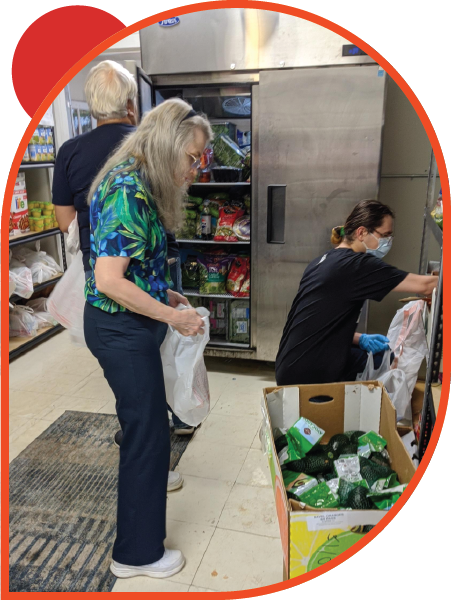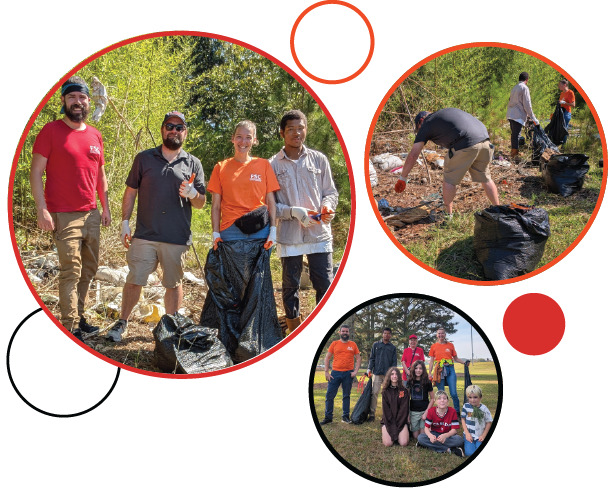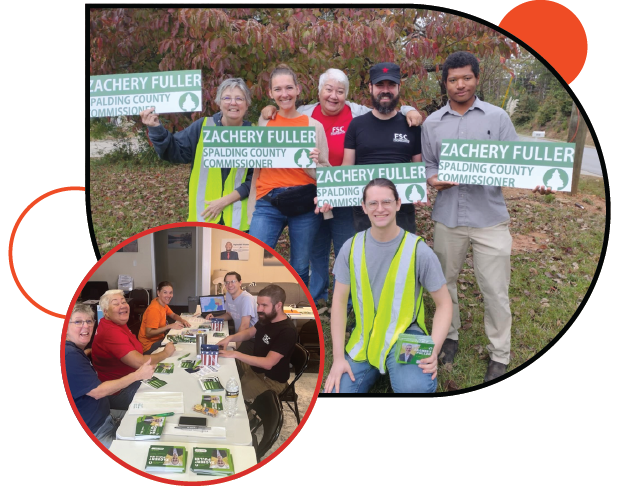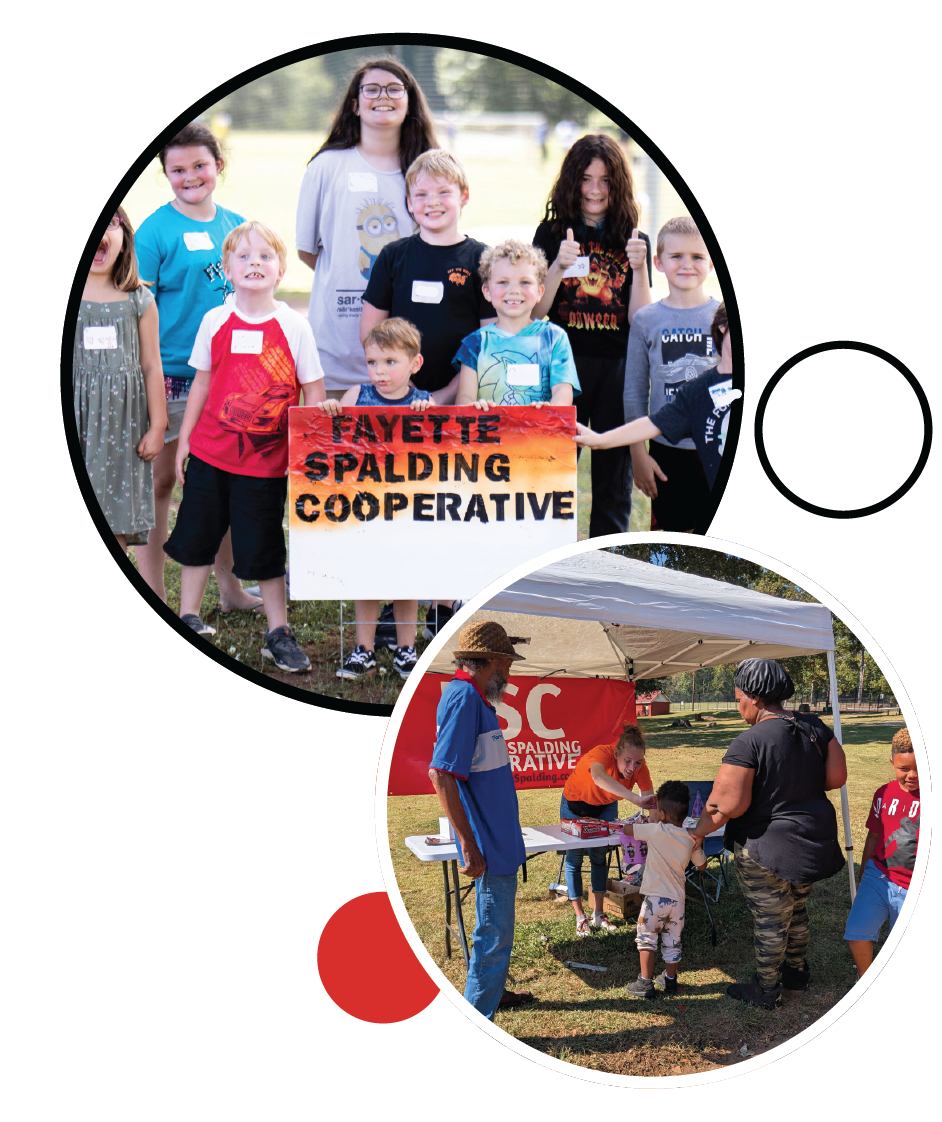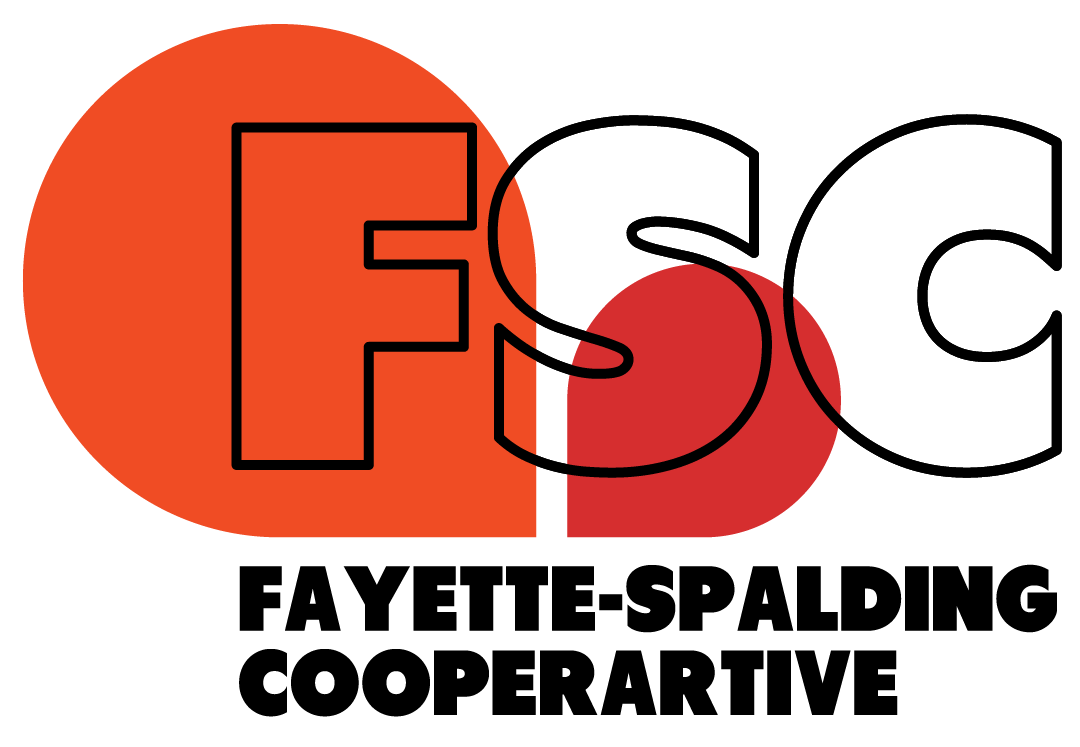
The mission of the Fayette-Spalding Cooperative is to help our community (our members, their friends, their families, their neighbors) deal with and solve the economic and social challenges they have. We believe that we can accomplish this through democracy, cooperation, and community. We also believe that when those around us do better, our own quality of life is improved.

 WORKING TOGETHER
WORKING TOGETHER
TO BUILD COMMUNITY
Our mission is to provide a sustainable future for the residents of Fayette and Spalding Counties. We are committed to providing the resources and support needed to ensure that our communities are able to thrive.
The cost of living has outpaced incomes, essential services are scarce, and opportunities for social connection are limited. While many organizations address specific issues, the Fayette-Spalding Cooperative (FSC) works to fill the gaps by coordinating efforts and modeling more effective solutions. We believe that direct involvement with others fosters a sense of community—something that service agencies alone cannot achieve. Participation is key, and together, we can make a difference.

